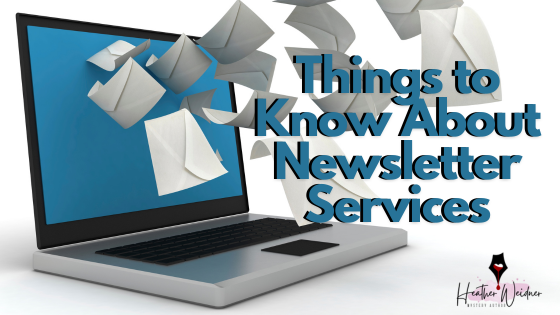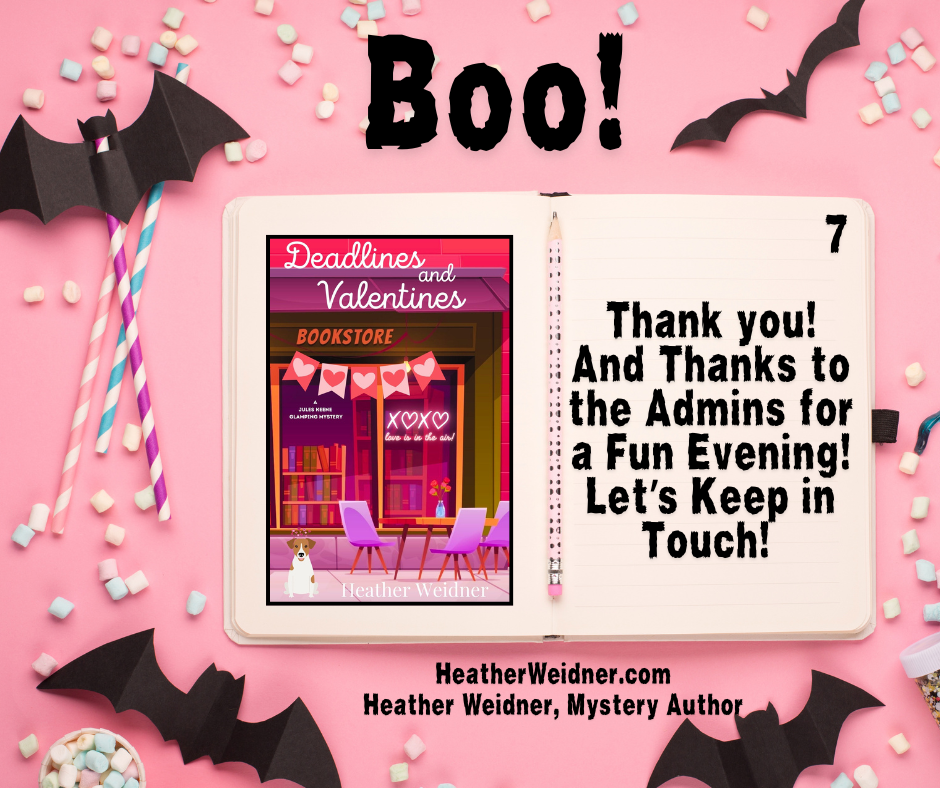Things to Know about Newsletter Services
/You need an email service to create, distribute, and maintain your unsubscribe list for your newsletter. There are lots of services out there with lots of different pricing models.
Here’s what I learned:
Find a service that you like and can easily use. Many have built-in templates to get your designs started.
Make sure the service you choose allows you to import and export contacts for your mailing list. You may want to change services one day, and you’ll need a way to get the data in and out.
Always export your email list to ensure you have a backup of the names and addresses.
Check out what you get with the free services. Many offer that for a certain number of subscribers or newsletters a month. There are paid subscriptions when you reach a certain number of followers. Always compare the packages to see what you’re getting.
Talk to other authors to see what service they are using and what they like.
Make sure you can connect your email list to your website, so visitors can register online. Most of the time there is a way to link or set up a widget on your website builder.
Ensure that your service offers access to basic metrics. You’ll want to know how many of your newsletters were opened. Also, many have historical data so you can see trends over time. This will help you target days and times where your readers are active.
See if it offers a scheduler. My service lets me schedule my newsletter for specific times during the date. This helps me choose optimal times that may lead to more eyes. (For example, people get a ton of emails over the weekend. Monday morning is probably not the best time to send your information.)

















